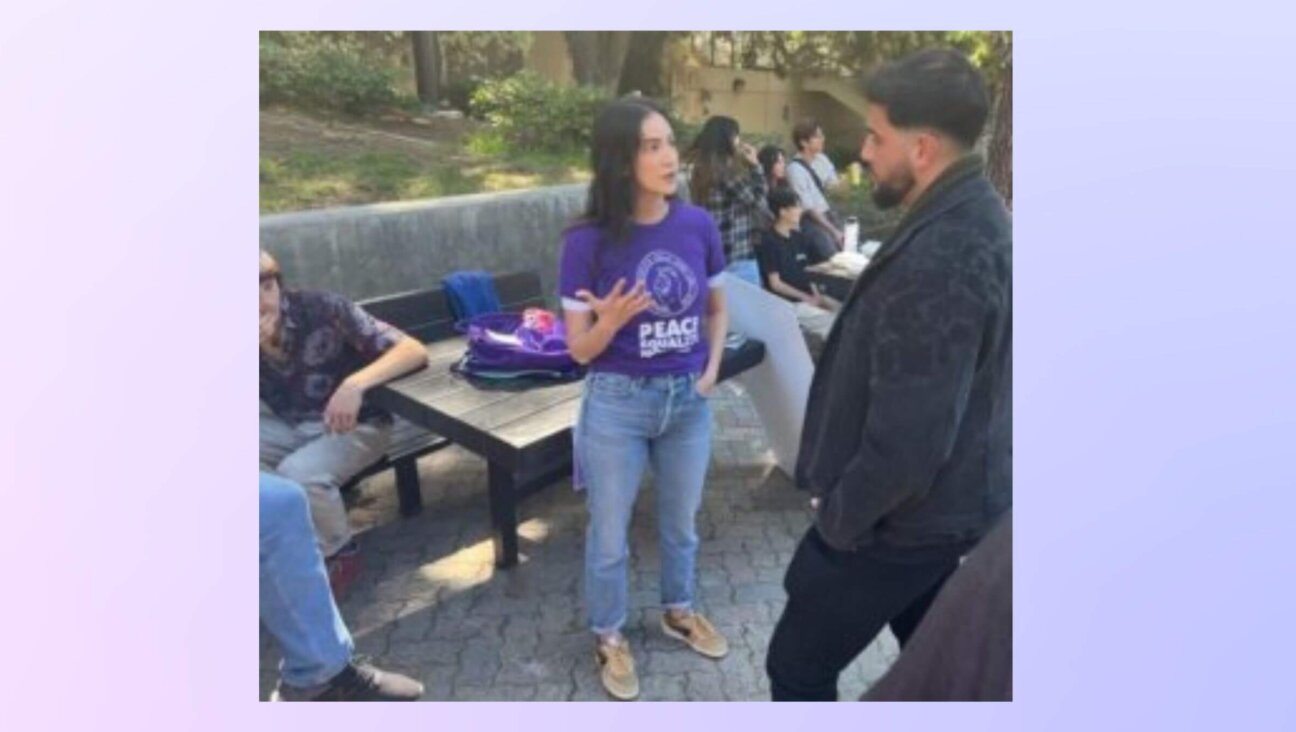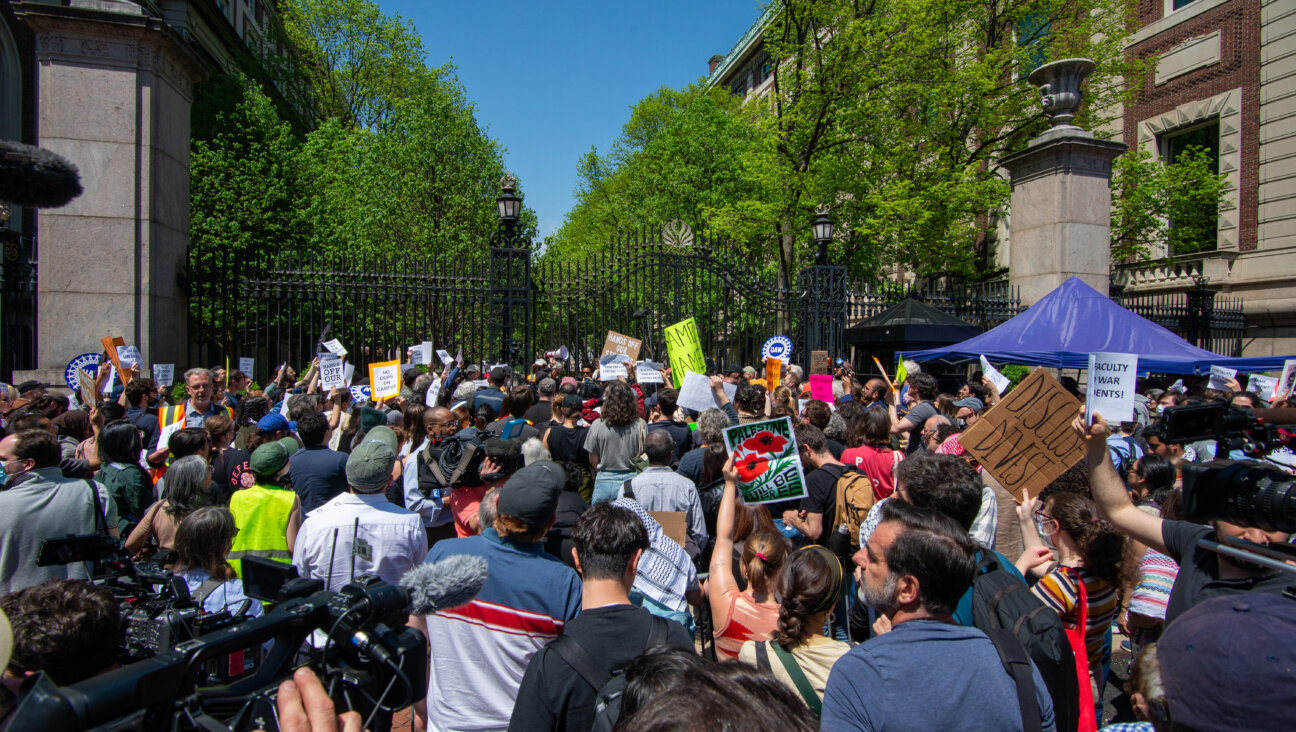September 26, 2003
Survey Affects People
Lost in the criticism of the fraudulent intermarriage number is a fuller understanding of its impact on people’s lives (“The 52% Fraud,” September 12). The 1990 population survey affected the emotional lives of individuals and families. Having declared a crisis, many in the organized Jewish community accused those Jews who fell in love with non-Jews of abandoning Judaism and thus leading to the inevitable death of American Jewish life. Their parents were told that they were failures.
Because of the supposed crisis and the false extrapolation about the grandchildren, many community organizations and synagogues condemned people within their midst. The Conservative movement declared that any Jew who was intermarried could not be employed by their synagogues or schools, and no intermarried Jew could be a lay leader. Who will now apologize to those who were ostracized and excluded? Who will heal the families with alienated children and their spouses?
Rabbi Samuel Gordon
Wilmette, Ill.
Disagree, but Gently
I think it’s a shame that the Forward characterizes the United Jewish Communities’ 1990 52% intermarriage rate finding as “a fraud.” It compounds the felony that the editorialist then lambastes UJC for publishing its 1990 and 2000 total Jewish population figures “side by side” because the press — of which the Forward is a part — will wrongly write that there’s been a decline in our total. If the press distorts, and it surely does, the responsibility does not lie with those who search for the facts and report them honestly.
The Forward has every right to disagree with the methodology of the study, to draw different conclusions from the numbers and to decry methodological errors. But our tradition forbids lashon hara, or defamatory speech, and to accuse other Jews of “fraud” and base motives in these circumstances clearly violates the prohibition. We Jews are few in number and much maligned. It would be better if we disputed with one another more gently.
Rabbi George Driesen
Via e-mail

I hope you appreciated this article. Before you go, I’d like to ask you to please support the Forward’s award-winning, nonprofit journalism during this critical time.
Now more than ever, American Jews need independent news they can trust, with reporting driven by truth, not ideology. We serve you, not any ideological agenda.
At a time when other newsrooms are closing or cutting back, the Forward has removed its paywall and invested additional resources to report on the ground from Israel and around the U.S. on the impact of the war, rising antisemitism and the protests on college campuses.
Readers like you make it all possible. Support our work by becoming a Forward Member and connect with our journalism and your community.
Make a gift of any size and become a Forward member today. You’ll support our mission to tell the American Jewish story fully and fairly.
— Rachel Fishman Feddersen, Publisher and CEO
Join our mission to tell the Jewish story fully and fairly.
























